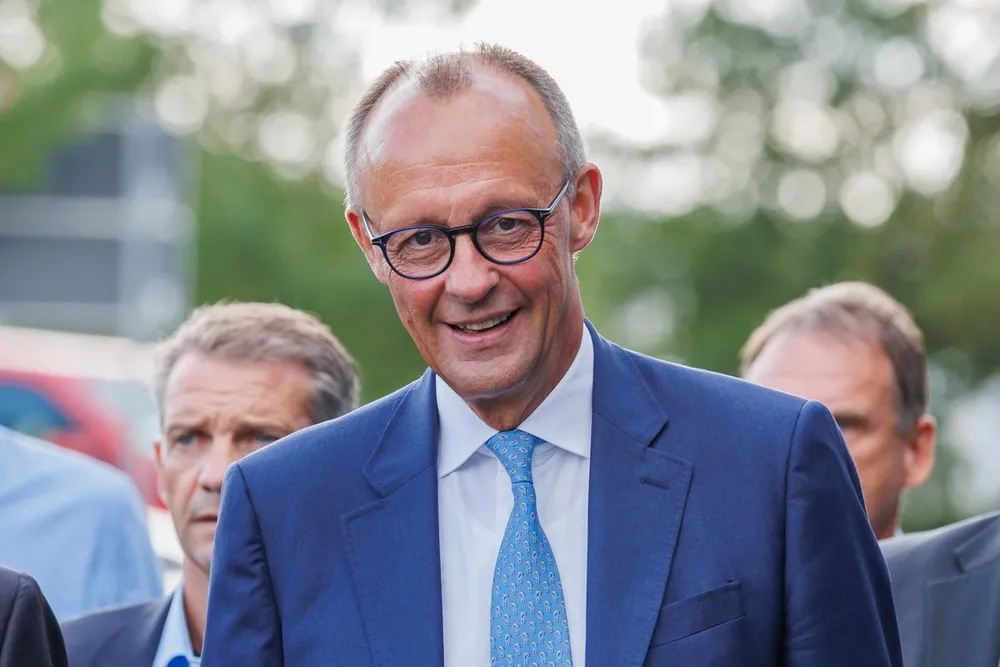Likely new German coalition may lower renewables and climate ambition
Conservatives and Social Democrats abandon plan for early coal exit and want to amend or abolish progressive heating law

The final paper of a working group on energy and climate from the two parties said Germany will stick to its plan to become carbon-neutral by 2045, but stressed this had to be achieved “with an approach that combines climate protection, economic competitiveness and social balance and focuses on innovation”.
The 2030 date had been pushed by the Greens and their outgoing climate and economics minister Robert Habeck, but after suffering heavy losses in February's general election, the party will no longer be part of the government.
The CDU/CSU alliance, with likely new Chancellor Friedrich Merz, won the election and is negotiating with the SPD of outgoing Chancellor Olaf Scholz to form a new government.
The CDU/CSU had also lobbied heavily against a heating law pushed through by Habeck, which stipulates that new heating systems in most homes must be powered by 65% renewable energy.
In the working group paper, the CDU/CSU stated that the legislation should be abolished altogether, while the SPD wanted to only amend it to “enable socially acceptable, climate-neutral heating”. The two sides still need to find a compromise regarding the heating transition.
The parties couldn’t agree on a common stance on nuclear power either, with the SPD wanting to stick to Germany’s exit from atomic energy, while the CDU/CSU wants to push through a technical assessment on the stage of decommissioning, and a possible resumption of operation of the most recently shut-down nuclear power plants.
The conservatives are also in favour of considering building small modular reactors and fusion power plants in a European context.
In wind power, the SPD wants to stick to a stipulation that 2% of the country's land mass should be made available for wind farms, while the CDU/CSU would rather substitute that with a general renewables target.
"In the offshore sector, we will address the so-called shadowing problem [wake effect]," the paper stated.
"We will cooperate with other North Sea states to develop areas that are optimal for generation and will soon implement the first hybrid offshore grid connection/interconnector.
"Furthermore, we will enable hybrid connections (cable and H2 pipeline) for wind farms in the Offshore Wind Energy Act."
Regarding renewables in general, the paper stressed that the new government wants to use all renewable energy sources, not only wind or solar, but also bio energy, geothermal, hydropower and hydrogen.
“We are also strengthening innovative technologies such as wastewater heat, heat recovery, and airborne/high-altitude wind energy,” the paper stated.
“We will commission a monitoring program to assess expected electricity demand, as well as the status of supply security, grid expansion, the expansion of renewable energy, digitalisation, and the hydrogen ramp-up until the summer break of 2025, as a basis for future work.”
All this, however, with a focus on affordability, cost-efficiency, and security of supply in all areas.
“Our goal is permanently low, predictable, and internationally competitive energy costs.”
Coalition talks are still ongoing, but Merz wants to establish a new government before Easter.
(Copyright)